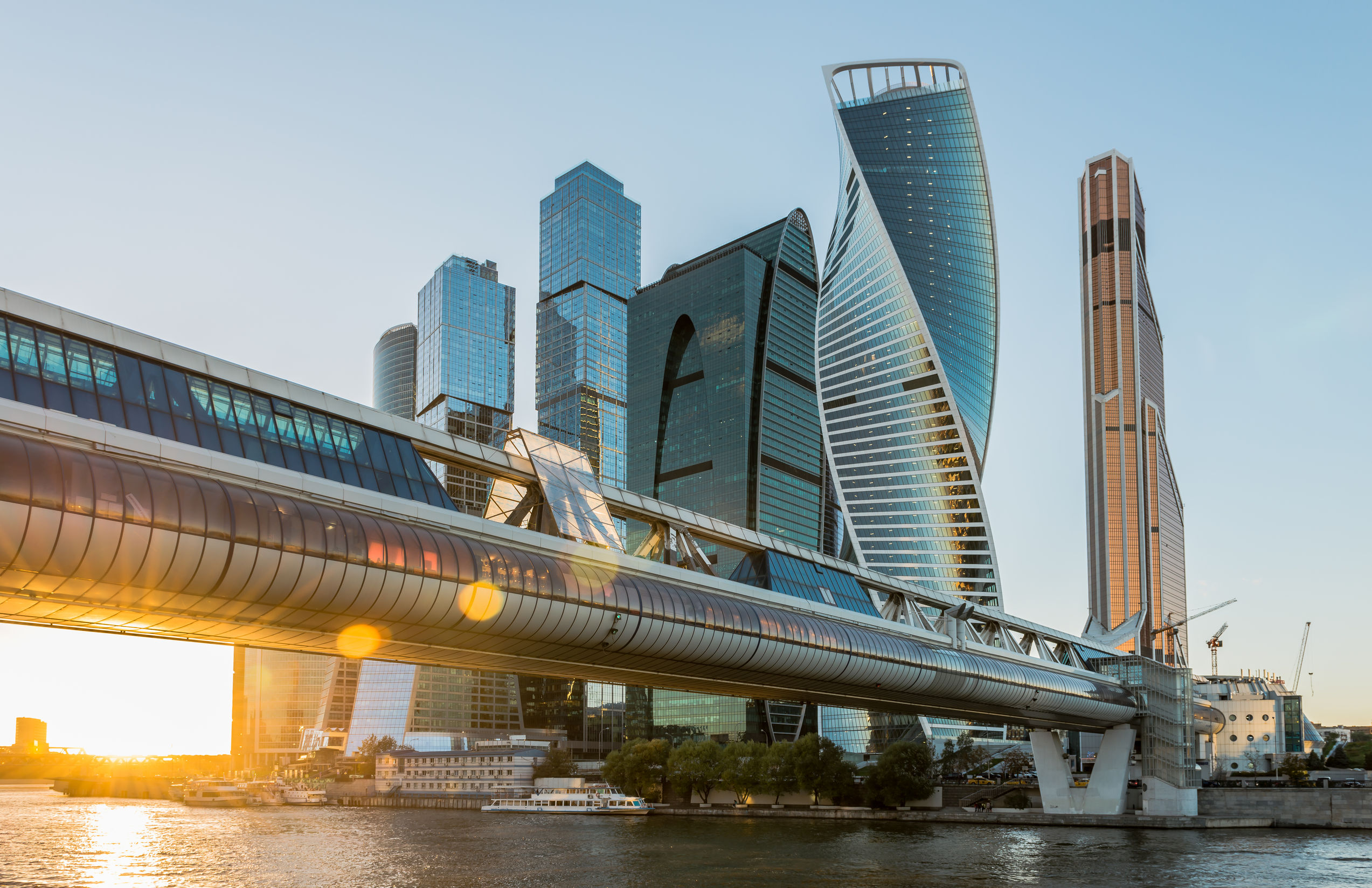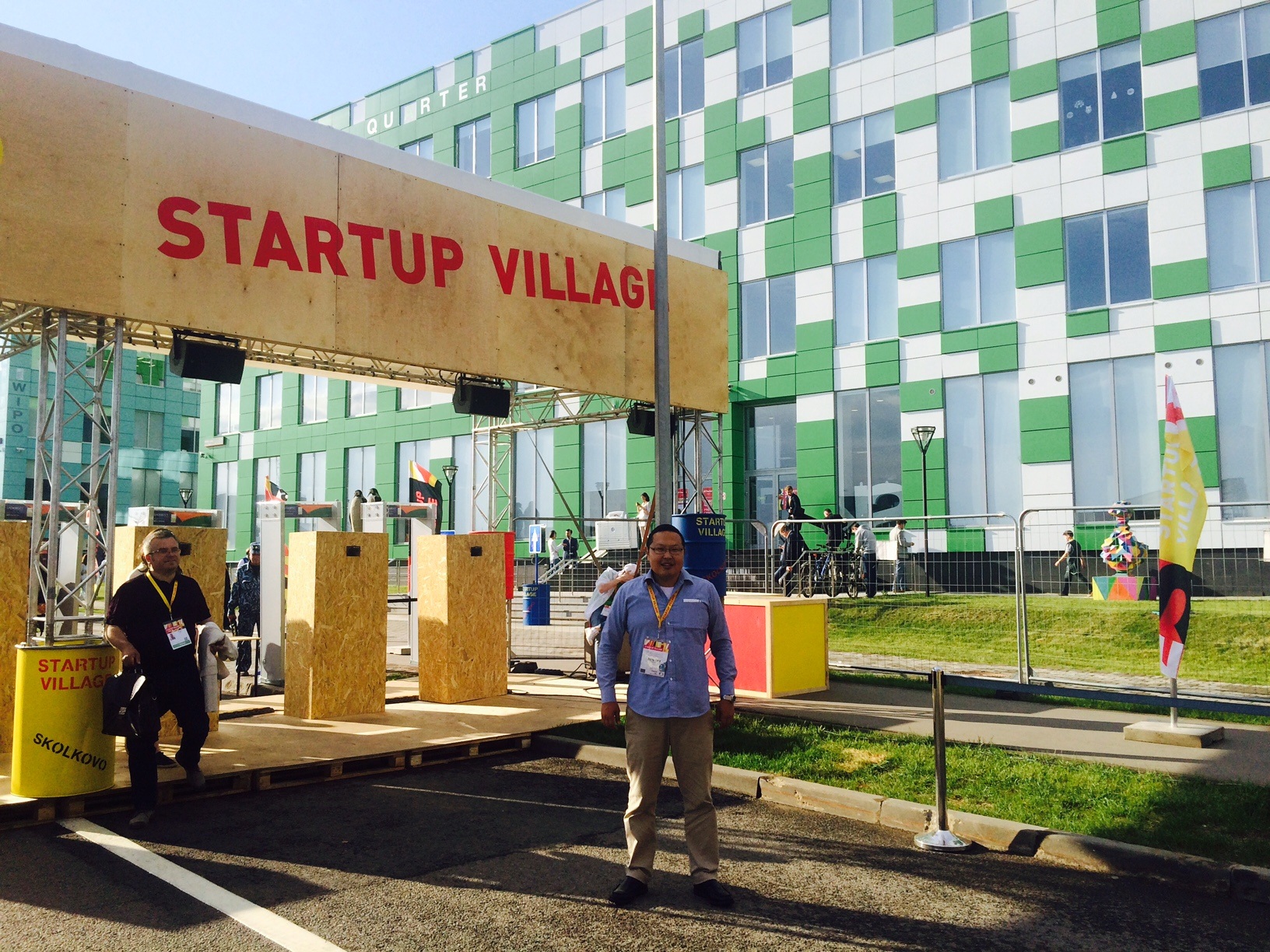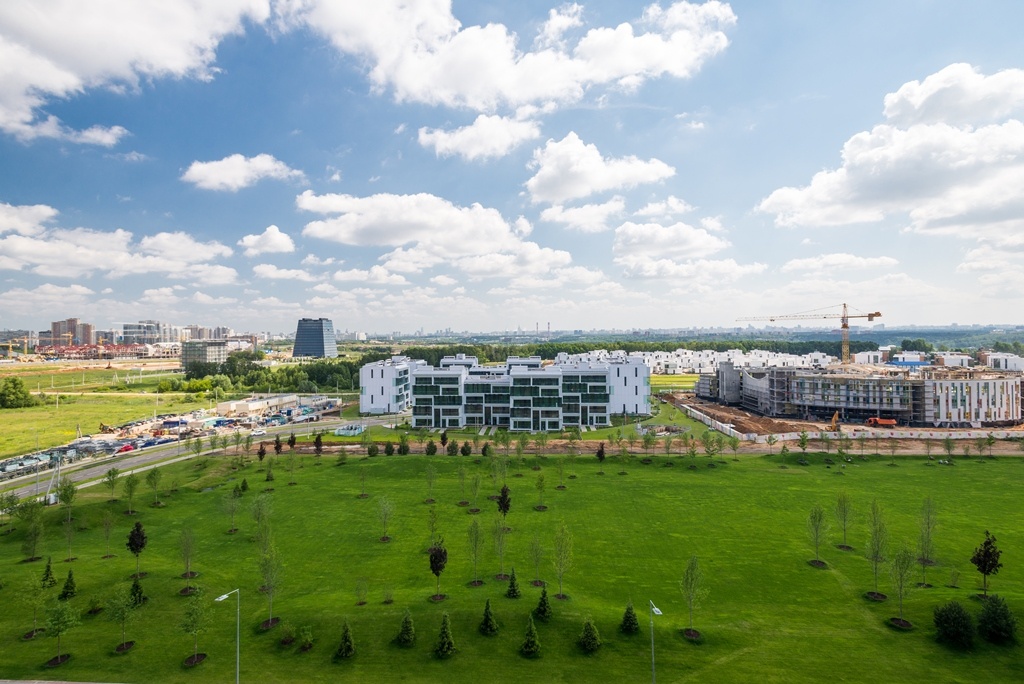
Image credit: sachkov / 123RF Stock Photo
Russia’s head-start in space exploration has earned them a permanent legacy, to the point that astronauts going to the International Space Station (ISS) are still required to know Russian. This legacy spawned a generation of Russian spacetech startups.
But Russian companies are looking to explore more than the final frontier: they’re also venturing further into their homeland, and they’re inviting foreign companies along for the ride. The desire for Russian-made goods and lower labor costs attracts the region’s entrepreneurs.
Russian business customers “want high-tech products and services to be substantially created within Russia,” says Alexander Fertman, scientific director of the nuclear technology and advanced manufacturing cluster in the Skolkovo Foundation. “Russia was integrated with the global industry for oil and gas technologies, but this is currently limited.”
“The more you are eager to localize, the more opportunities you have to access the Russian market.”
Reaching out to the Russians
Localizing in Russia can be tricky. Not only is the language notoriously difficult, the regulatory and legal infrastructure can be complicated. It doesn’t help that Russians don’t really smile. Businesses will definitely require a mentor. If not, a sensible way to expand in any country is to get a local partner and staff– or risk failure.
Skolkovo, touted as “Moscow’s self-styled Silicon Valley” by The Guardian is one way startups can reach out to Russia. Startups can expect to be connected with companies that require high-tech products and services, and form strategic partnerships with industry partners in finance, transport, manufacturing, oil and gas, pharma and biotechnology, and even nuclear energy.
One biomed startup seeks a Japanese-Russian collaboration aimed at creating immunotherapy for resistant cancers. Aspera, a Japanese biomed startup and semifinalist at Skolkovo’s Startup Village, wants to combine Japanese and Russian medical research. Skolkovo previously awarded tickets to Startup Village for two finalists startups, Infostellar and Vena TV, at Tech in Asia Jakarta.
“Our goal is to get grant financing from Skolkovo to conduct pre-clinical and clinical trials, which will lower our investment risks and raise our investor profile,” says Lev Tsyrenov, Aspera’s CEO. “There are only two analogues of our therapy in the world. Our project in Skolkovo is pioneering research.”

Lev, CEO of Aspera.
Skolkovo’s startups can enjoy help with operations issues, such as getting accountants, office rental, and legal services for agreements, risk avoidance, and intellectual property. Aspera even participated in the All-Russian Oncology Congress. “Our project manager, Kristina Khodova, helped us to find a great Russian partner developing a unique drug that is highly compatible with our vaccine for combined therapy of resistant cancers,” says Lev.
They also enjoy access to industry experts. Startups, such as those in the healthcare and medical industries, need to consult specialists. Skolkovo is going all out with a 700-member strong expert panel comprising of scientists and leaders of tech businesses from around the world, says Taisiya Yarmak, who heads international public relations for the Foundation. For instance, Aspera received an independent evaluation of their medical project, and also met business consultants to organize their operational processes.

According to Skolkovo, by 2020, over 2 million square meters of residential and office space will be built. Their neighbours will be 35,000 people working at the Innovation Center.
International partnerships with startups are welcome
Despite looking inwards, Russia is still focused on high-tech partnerships with other parts of Asia. Startups can in fact view Russia as a springboard to other lucrative areas of Asia, such as Japan and China. Bloomberg also says that foreign investment is recovering after the ruble collapsed in 2014.
To facilitate knowledge sharing, Skolkovo wants to match startups with bigger companies. Raidix, one of Skolkovo’s startups, partnered with Panasonic, a Japanese electronics corporation, to create a storage solution for the international market. Combined investment in the project is estimated at approximately US$780,000.
International startups can help Russian startups advance abroad. Alexander observes that the Russian automobile market – the second largest in Europe – is less technically advanced than markets in Europe, US, and Japan. “The key players like Avtovaz, Kamaz, and Volgabus want to sell competitive products globally. They can’t do this without international cooperation,” says Alexander.
When in Russia, do as the Russians do.
On top of lacking culture knowhow, businesses face risk when dealing with regulatory obstacles. Having good government relations is crucial when doing business in Russia.
Skolkovo is working closely with the ministries of trade, communications, economics, education, and related industries. “We understand how localization is perceived by all these players,” says Alexander. Such close relationships can be helpful if you’re looking for a rapid roll-out in Russia.
They have seen results. Skolkovo says that their startups’ cumulative revenue through June 2016 hit US$1.6 billion, and they filed over 1,900 patent applications. Here are some interesting startups from Slush 2016.
It’s time to learn Russian. You never know- you might want to go to the ISS in the future too.
This post Russia is eager to help startups expand. Here’s how you can be part of it. appeared first on Tech in Asia.
from Tech in Asia https://www.techinasia.com/russia-helps-startups-expand
via IFTTT
No comments:
Post a Comment